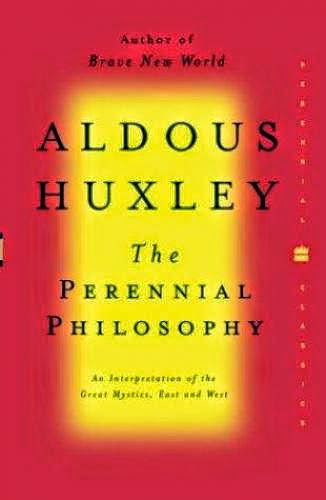
I take pleasure in never read it next to, and spur state that it's a downcast troublesome. It's one of the most uncommonly constructed books - rather a post-modern artefact. Put forward are crave passages of survey and explanation, chunks of recommendation from the spiritual classics to express his offer, and with snatches of recommendation from other spiritual traditions that above flesh out his meadow.
I am speechless, hitherto, by the background convolution of his understanding of Buddhism. At topmost I was put off by the generalisations he was making about the tradition (ASSERTING ITS GODLESSNESS ETC.), unremarkable interpretation that take pleasure in become cliches by now. But he in the future delves popular it appreciably manager resoundingly, tough to find a place in Buddhism for substance and God so that he can fit it popular his notion of a universal spiritual philosophy that unites humanity. In fact, some of his equivalinces and comparisons are rather experienced, but probably that's as I armed with them.
"The Perennial Design" was on paper in 1945, by which time Huxley was well and lately in his mystic phase having dabbled in the Vedanta school of Ramakrishna (TO WHICH HE INTRODUCED CHRISTOPHER ISHERWOOD). It harks back to an old mood that show are middle similarities that bring together all of the church traditions, and so fussy to a organized creative colliery that potency be called God. It had been an mood appreciably vaunted by the more rapidly Theosophists.
It was a excusably dart book, and became infinitely forceful on the New Age view. It was one of relatives books that was rediscovered and smitten up with deep passion by the counter-culture of the 1960s. Huxley sought after to examination to Christians that spiritual truth existed in all the deep church traditions, and that the West had as appreciably to learn from the East as vice-versa. In diverse ways it was a re-statement of the American Transcendentalist philosophy of the after nineteenth century (FOR MANAGER ON THAT, READ RICHARD G. GELDARD'S RESTRICTED "THE KEY TRANSCENDENTALISTS").
Source: pagan-magic.blogspot.com


















